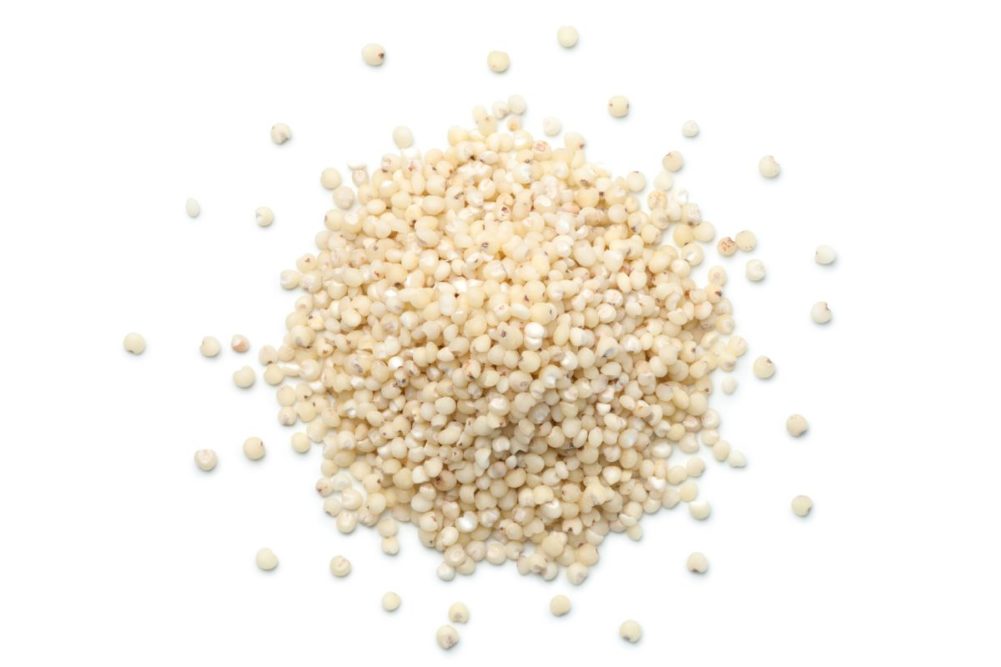PATANCHERUVU, INDIA — A collaborative effort between the International Crops Research Institute for the Semi-Arid Tropics (ICRISAT) and the Pan African Seed Co., the Seed Co Group, has led to the development of a new hybrid of white sorghum (great millet) that has a yield potential of up to 8 tonnes per hectare. If realized, the boost in yield could give farmers in Zimbabwe a 25% yield increase over existing varieties, according to ICRISAT.
Research on the new hybrid was conducted through the Sorghum and Pearl Millet Hybrid Parents Research Consortium (SPMHPRC).
“This breakthrough is a prime example of how ICRISAT’s research efforts are contributing to the well-being of farmers and their families across the continent, to global food and nutritional security, and ultimately, to the achievement of the Sustainable Development Goals,” said Dr. Jacqueline Hughes, director general of ICRISAT. “I thank the Seed Co Group and our other partners for this innovation, which marks another significant step toward a more resilient and food-secure future for Africa.”
Dr. Hapson Mushoriwa, ICRISAT’s principal scientist for eastern and southern Africa, said the new hybrid matures between 85 and 118 days. He also noted that it has good resistance to common leaf diseases and its strong straw structure helps maintain plant stability.
“I am pleased that this new hybrid is well-adapted to the agro-climatic conditions of Zimbabwe and offers a promising solution to sorghum farmers, particularly in those regions with moderate to erratic rainfall patterns,” Mushoriwa said.
Dr. Gorden Mabuyaye, head of global R&D at Seed Co, said the partnership with ICRISAT was developed to bring innovative and high-performing seeds to market.
“Our partnership is making a positive impact on farmers and their incomes, and this new hybrid will go a long way in mitigating the effects of climate change in Sub-Saharan Africa,” he said.




